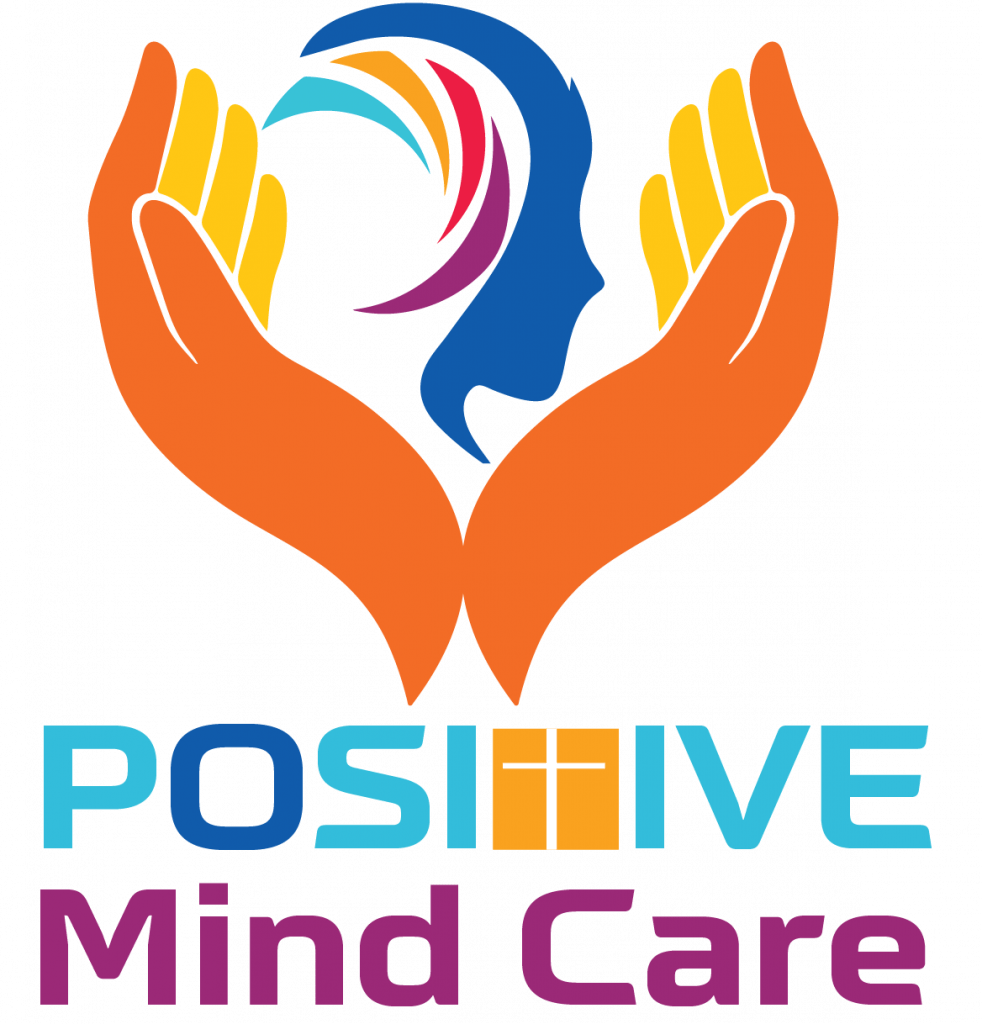Positive Mind Care Mental Health Clinic’s insightful guide on managing anxiety. In this blog post, we’ll explore the overwhelming nature of anxiety and introduce effective coping strategies to help you navigate through challenging moments. From mindfulness techniques to deep breathing exercises, we’ll provide practical tools to promote relaxation and inner peace.
Understanding Anxiety:
Anxiety is more than just feeling nervous or worried; it’s a debilitating mental health condition characterized by excessive fear or apprehension about everyday situations. It can manifest as physical symptoms such as rapid heartbeat, sweating, trembling, and difficulty breathing. Anxiety disorders, including generalized anxiety disorder (GAD), panic disorder, social anxiety disorder, and phobias, affect millions of people worldwide, impacting their quality of life and overall well-being.
Mindfulness Techniques for Anxiety:
Mindfulness is a powerful practice that involves being fully present in the moment, without judgment or attachment to thoughts or emotions. Here are some mindfulness techniques to help alleviate anxiety:
Mindful Breathing: Take slow, deep breaths, focusing on the sensation of air entering and leaving your body. Notice the rise and fall of your chest or the feeling of your abdomen expanding and contracting with each breath.
Body Scan Meditation: Close your eyes and bring your attention to different parts of your body, starting from your toes and gradually moving upward. Notice any tension, discomfort, or sensations, and gently release any areas of tightness or stress.
Grounding Exercises: Use your senses to anchor yourself in the present moment. Notice the sights, sounds, smells, tastes, and textures around you. Engage in activities that promote sensory awareness, such as taking a nature walk, savoring a cup of tea, or listening to calming music.
Acceptance and Letting Go: Practice acceptance of your thoughts and feelings without trying to control or suppress them. Allow them to come and go like passing clouds in the sky, knowing that they are temporary and fleeting.
Deep Breathing Exercises for Anxiety:
Deep breathing exercises are an effective way to activate the body’s relaxation response and reduce feelings of anxiety. Here are some simple techniques to try:
4-7-8 Breathing: Inhale deeply through your nose for a count of 4, hold your breath for a count of 7, and exhale slowly through your mouth for a count of 8. Repeat this cycle several times, focusing on the rhythm of your breath.
Diaphragmatic Breathing: Place one hand on your chest and the other hand on your abdomen. Inhale deeply through your nose, allowing your abdomen to rise as you fill your lungs with air. Exhale slowly through your mouth, feeling your abdomen fall. Repeat this pattern for several breaths, ensuring that your chest remains still while your abdomen moves.
Equal Breathing: Inhale and exhale for an equal count, such as inhaling for a count of 4 and exhaling for a count of 4. Focus on making your inhales and exhales smooth and steady, without any pauses or jerky movements.
Other Coping Strategies for Anxiety:
In addition to mindfulness and deep breathing techniques, there are several other coping strategies that can help manage anxiety:
Physical Activity: Engage in regular exercise, such as walking, jogging, yoga, or swimming, to reduce stress hormones and promote relaxation.
Healthy Lifestyle Habits: Prioritize self-care activities such as adequate sleep, balanced nutrition, hydration, and avoiding excessive caffeine, alcohol, and nicotine.
Cognitive Behavioral Therapy (CBT): Consider seeking therapy from a qualified mental health professional trained in CBT, a highly effective approach for managing anxiety by identifying and challenging negative thought patterns and behaviors.
Support Network: Reach out to friends, family members, or support groups for encouragement, understanding, and validation. Sharing your feelings with others can provide a sense of connection and belonging.
Conclusion:
Managing anxiety can feel overwhelming, but with the right coping strategies and support, it’s possible to find relief and regain a sense of control over your life. By incorporating mindfulness techniques, deep breathing exercises, and other healthy coping mechanisms into your daily routine, you can cultivate a calmer mind and a more peaceful existence.
Remember, you are not alone, and help is available. At Positive Mind Care Mental Health Clinic, we’re dedicated to supporting you on your journey toward greater mental wellness. Contact us today to learn more about our services and discover how we can assist you in managing anxiety and achieving a more fulfilling life.



